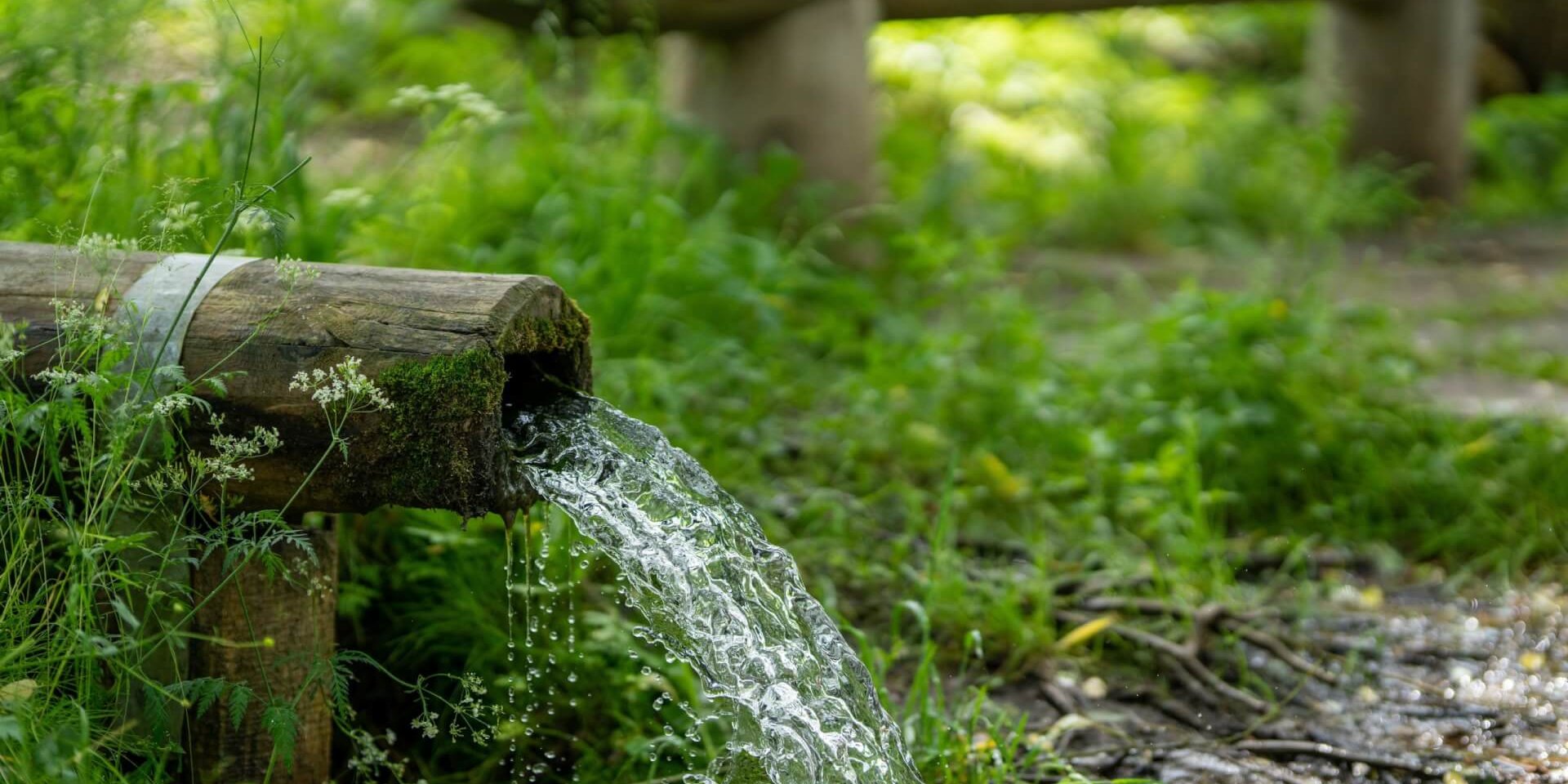
World Water Day, as observed by the United Nations, takes place annually on March 22 to highlight the importance of freshwater. Organizations and groups around the globe use this day to educate on and advocate for the sustainable management of freshwater resources. The theme of World Water Day 2022 is Groundwater, making the invisible visible.
On this day, we highlight three important efforts of our members and partners whose efforts align with UN Sustainable Development Goal (SDG) 6: Water and Sanitation.
Series Launch: “Groundwater – Making the Invisible Visible”
Launched March 22 – static page containing video talks
Join the IUGS in celebrating the Day with lectures from water researchers and practitioners from around the globe.
Out of sight, under our feet, groundwater is a hidden treasure that enriches all lives. Almost all of the liquid freshwater in the world is groundwater. And, as climate change gets worse, it becomes more and more critical to maintain.
Among this extensive page of talks on groundwater is a lecture from ISC Governing Board member, Geoffrey Boulton, titled “Water beneath the Earth’s Glaciers”.
“Not many people realise how much water is locked up underground in the geological strata. This is a primary resource that needs protection and careful management”
IUGS President, John Ludden
Article: “Opportunities for action on urban water – World Water Day 2022”
Published March 22 – static page
Read this article by the International Water Association‘s executive director, Kala Vairavamoorthy on the potential future of urban water.
Around the world, there remains a great disparity in many people’s access to clean water and basic sanitation. World Water Day brings attention to these ever-present issues. Action is needed, but the question is, what ACTION?
Project: T2SGS – Transformations to Groundwater Sustainability
Indefinite static page
Part of the Belmont Forum and NORFACE research programm, Transformations to Sustainability (T2S), T2SGS’s overall aim is to create global action-research-capacity, building collaborations to generate new inspirations for thinking about and dealing with the interconnections and interdependencies between humans and groundwater.
This project comparatively studies promising grass-roots initiatives of people organizing around groundwater in places where pressures on the resource are particularly acute (India, Algeria, Morocco, USA, Chile, Peru, and Tanzania). Focusing on practices – of knowing, accessing and sharing – the project combines qualitative ethnographic methods with hydrogeological and engineering insights to explore the knowledges, technologies and institutions that characterize these local initiatives.
Image by Arseny Togulev on Unsplash